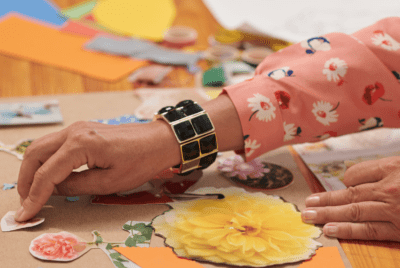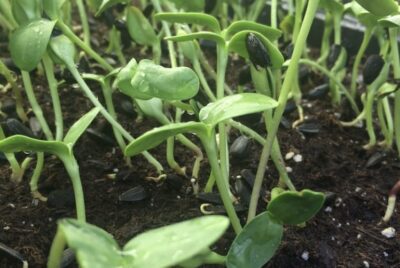RESEARCH
THE IMPACTS OF THERAPEUTIC GARDENING: PERSPECTIVES FROM VETERANS AND PROFESSIONALS
Summary
This study, presented as a Master’s thesis, employed a qualitative, quasi-experimental design to investigate the perceived impacts of therapeutic gardening on veterans and the associated benefits and barriers from the perspective of a gardening professional. The researchers aimed to understand how therapeutic gardening affects veterans and the practicalities of implementing such programs. The study population included veterans who had participated in gardening and professionals who used gardening as an intervention. Due to COVID-19 restrictions, data was collected via semi-structured interviews conducted over Zoom with three participants: two veterans and one gardening professional. These interviews allowed for in-depth, open-ended responses about personal perspectives and experiences. The Person-Environment-Occupation (PEO) model was used as the theoretical framework, exploring the dynamic interplay between the individual (veteran), the environment (garden), and the occupation (gardening) to understand how this interaction influences occupational performance and overall well-being. The interview data was analyzed using qualitative data management principles, including active reading, creating conceptual labels and codes, and identifying themes.
The narrative analysis of the interviews revealed that therapeutic gardening was perceived positively, confirming the researchers’ hypothesis that it is an effective therapeutic tool. From the interviews with the two veterans, four main themes emerged regarding the benefits they felt from therapeutic gardening: social well-being, emotional well-being, gardening as a therapy, and exploring new occupations. The gardening professional’s perspective, presented as a case study, supported these veteran accounts, highlighting therapeutic gardening’s ability to help clients feel more confidence, less stress, and increased productivity and engagement. Challenges to implementing gardening programs were identified, relating to infrastructure, appropriate equipment, and plant knowledge. A significant limitation of the study was the small sample size due to difficulties in recruitment, potentially impacted by the COVID-19 pandemic, and the inability to conduct in-person interviews in garden environments. Despite these limitations, the findings suggest that therapeutic gardening is a viable occupation that can promote physical, social, and cognitive skills and enhance veterans’ quality of life.







